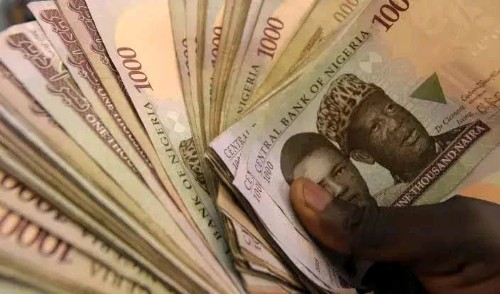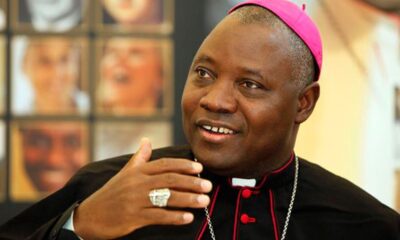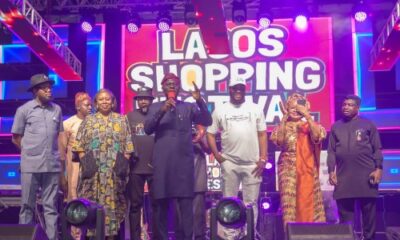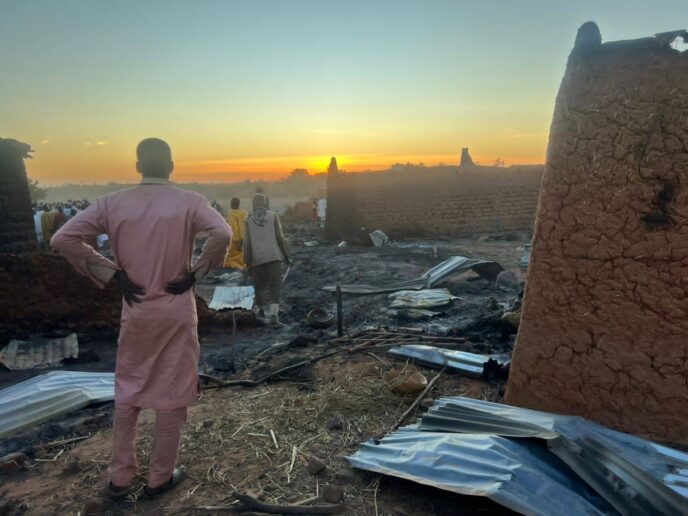Over 40 government-owned enterprises (GOEs) plan to collectively spend N90.2 billion on welfare packages in 2024, with 93 percent of the total amount jointly budgeted by 10 entities.
The estimated bill is captured in the 2024 budget proposal to the federal government published by the ministry of budget and national planning.
The GOEs’ budget became public a week after the national assembly passed the 2024 appropriation bill, increasing its size from N27.5 trillion proposed by President Bola Tinubu to N28.7 trillion.
In the national budget, the federal government earmarked N1.7 trillion for statutory transfers, N8.7 trillion for recurrent expenditure, while N9.9 trillion was allocated for capital expenditure.
The GOEs are entities set up and controlled by the government to partake in commercial practices, but their expenditures are typically not wholistically captured in the national budget as some are self-funded.
In the GOEs’ budget proposal for the year, TheCable observed that out of the 63 enterprises in the document, only 44 budgeted funds for welfare packages to the tune of N90,228,112,937.
From the figure, a total of N83,495,293,002 — representing the highest amount — was budgeted by 10 agencies for welfare packages.
Here is a list of the 10 entities with the highest amount earmarked for welfare packages, alongside those with the lowest budgets.
- Top 10 GEOs With The Highest Budget For Welfare Package
Nigerian Upstream Petroleum Regulatory Commission (NUPRC) — N50,426,691,710.60
Federal Inland Revenue Service (FIRS) — N13,617,615,408
National Agency For Food And Drugs Administration Control (NAFDAC) — N6,673,059,750
Nigeria Deposit Insurance Corporation (NDIC) — N5,319,679,087.60
Standard Organisation of Nigeria (SON) — N2,512,603,454
Nigeria Export Processing Zones Authority (NEPZA) — N1,224,697,757
Nigerian Communications Commission (NCC) — N953,729,000
Joint Admissions and Matriculation Board (JAMB) — N950,000,000
Nigerian Meteorological Agency (NIMET) — N925,976,298
Nigerian Immigration Service (NIS) — N891,240,537
- Entities With The Lowest Budget On Welfare
While some GOEs did not make provisions for welfare packages, nine agencies jointly earmarked N65,866,174, according to TheCable analysis. They include:
Nigeria Film And Video Censor Board (NFVCB) — N10,830,505.43
Nigeria Integrated Water Management Commission (NIWMC) — N10,427,878.75
Administrative Staff College of Nigeria (ASCON) — N8,000,000
National Office for Technology Acquisition and Promotion (NOTAP) — N8,760,383.20
Lagos International Trade Fair Complex Management Board (LITFCMB) — N7,917,748
Nigerian Film Corporation (NFC) — N7,800,000
Nigerian Communications Satellite (NIGCOMSAT) — N6,400,000
Nigerian Export Promotion Council (NEPC) — N3,299,999
National Space Research and Development Agency (NASRDA) — N2,429,660.25
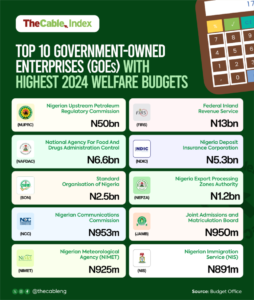
Credit: The Cable

 BIG STORY3 days ago
BIG STORY3 days ago
 BIG STORY3 days ago
BIG STORY3 days ago
 BIG STORY3 days ago
BIG STORY3 days ago
 BIG STORY3 days ago
BIG STORY3 days ago
 BIG STORY4 days ago
BIG STORY4 days ago
 BIG STORY4 days ago
BIG STORY4 days ago
 BIG STORY3 days ago
BIG STORY3 days ago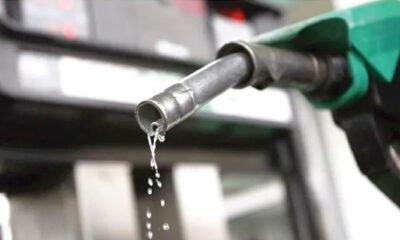
 BIG STORY4 days ago
BIG STORY4 days ago




